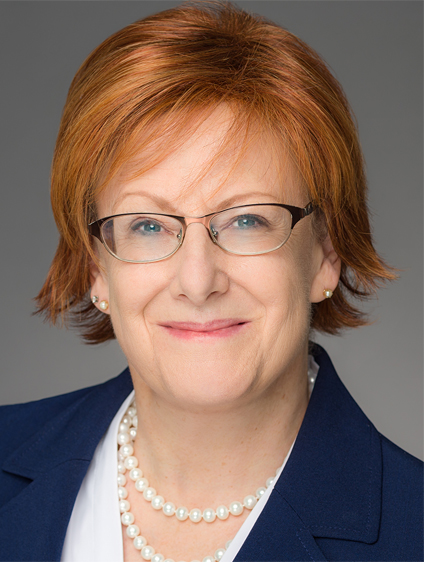 November is National Hospice and Palliative Care Month, and the National Hospice and Palliative Care Organization has dubbed this year’s theme “Courageous Conversations.” The idea is to encourage conversations between providers and patients, patients and their loved ones, people who aren’t yet “patients” and those who care for them in all aspects about what is most important to them – not just in the context of serious illness, but in life. Because when serious illness arises and threatens the way we live our lives or our quality of life, what is most important is – well – most important. This theme has led me to reflect on some of these very difficult, and indeed courageous, conversations I’ve had within my closest circle over the years.
November is National Hospice and Palliative Care Month, and the National Hospice and Palliative Care Organization has dubbed this year’s theme “Courageous Conversations.” The idea is to encourage conversations between providers and patients, patients and their loved ones, people who aren’t yet “patients” and those who care for them in all aspects about what is most important to them – not just in the context of serious illness, but in life. Because when serious illness arises and threatens the way we live our lives or our quality of life, what is most important is – well – most important. This theme has led me to reflect on some of these very difficult, and indeed courageous, conversations I’ve had within my closest circle over the years.
When my godmother – truly, my “other mother” – explained that she couldn’t attend our 15th wedding anniversary party because she was having a double mastectomy the next day. For the first time, I had to confront the very real and terrifying possibility of a world without my Aunt Bobbie in it. Those conversations started my journey out of a corporate career into a brand new personal and professional life focused on palliative and hospice care.
When one of my best friends from high school, who was building a clientele as a life coach and helping me make that transition, shared that she’d been diagnosed with pancreatic cancer and just wanted to live long enough to see her daughter married.
When my stepfather, John, after months of intestinal agony and a bout with sepsis that nearly killed him, was diagnosed with an inoperable bile duct cancer and given a very short and pretty grim prognosis. A gentle physician assistant gathered our not-so-well-blended family and laid out the realities, ending with a full-throated recommendation for hospice. John took a breath and asked whether he should cut back on salt in his diet so that the swelling in his legs might go down enough for him to go up to the mountains to his cherished cabin and trout pond.
When my mother confronted the reality that her COPD would lead only to her death, and she turned to me, tears glistening, and said, “Promise me you’ll euthanize Kitty when I’m gone.” You are allowed to laugh – I nearly did. This was her first thought? Nothing about her beloved grandchildren, let alone her (feeling a little like chopped chicken liver) faithful daughter? Well, Kitty was important. Kitty was also at least 19 years old, mostly toothless, a little senile, and in no way adoptable into anyone’s home. My mother knew we’d be all right without her, but not Kitty, and she wanted to know I’d handle it.
When a year or two after her death I had to explain to my squirming teenage son that I had breast cancer and would be going through treatment and probably bald but I’d get a good wig so as not to embarrass him and not to worry, I’ll be all right, even if I didn’t quite believe it myself.
These are just a few – and I have no doubt that anyone reading this could quickly come up with a litany of such conversations of your own. That’s the thing about life – no one gets out alive. And if we live and love and have family and friends and dear colleagues, we will all someday find ourselves on the receiving, or giving, end of this kind of conversation.
These conversations are courageous, but they are also common, and still extremely difficult. Since that stunning phone call with my Aunt Bobbie all those years ago, it’s been my life’s passion to make them easier. And I’m so honored and proud to be leading an organization whose mission is to make conversations about serious illness a part of everyday life and palliative care a part of everyday healthcare.
I know this is your mission, too, and I hope our abundant resources, webinars, trainings, and Annual Summit are helping to make those conversations more common and less difficult. If there’s anything we can do better, I hope you’ll let us know.